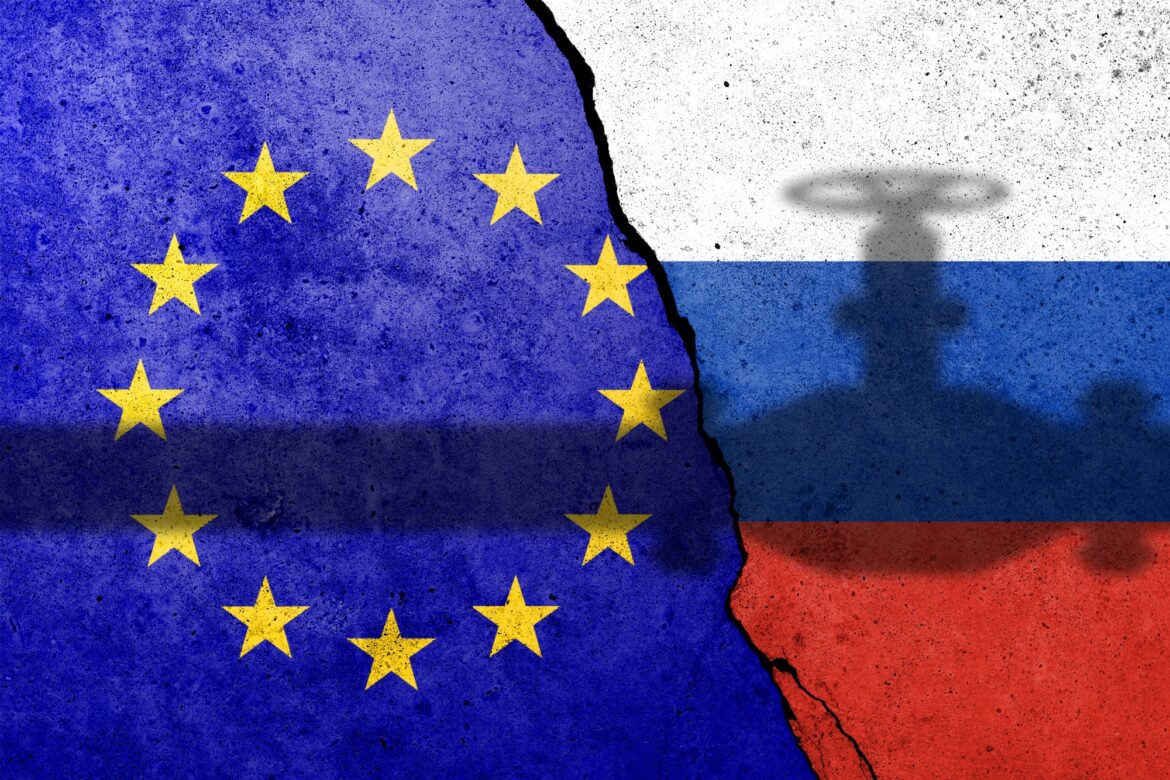The Ukrainian-Russian Conflict and its Impact on Global Energy Security
In recent years, the world has witnessed a series of geopolitical events that have reshaped international relations and global markets. Among these, the Ukrainian-Russian conflict stands out, not only for its direct political and humanitarian implications but also for its profound impact on global energy security. Drawing from a comprehensive analysis of various authoritative sources, this article delves into the multifaceted consequences of the conflict on energy markets and the broader implications for global energy security.
- The Geopolitical Stage
Ukraine’s strategic position as a significant transit country for Russian gas exports to Europe has long been recognized. However, the annexation of Crimea by Russia and the subsequent conflict in Eastern Ukraine have intensified the geopolitical stakes, with energy security emerging as a central theme.
- Immediate Repercussions on Energy Markets
The conflict, while not directly about energy, has sent shockwaves through global energy markets. The immediate aftermath saw energy prices surge, with Russia standing to benefit significantly. By mid-year, Russia began to curtail gas supplies to certain countries, either for political reasons or payment disputes, further exacerbating the volatility.
- Europe at the Crossroads
Europe, which relies heavily on Russian gas, found itself at a crossroads. The immediate energy crisis led to inflation, economic downturns, and a palpable cost-of-living crisis. In response, European nations began to diversify their energy sources, turning to the Middle East and other regions, and exploring bilateral and multilateral energy deals.
- The Push for Alternative Energy
The conflict has inadvertently accelerated Europe’s transition towards a more sustainable energy future. By 2024, projections suggest that Europe could reduce its gas imports from Russia by a significant margin. This shift, while born out of necessity, aligns with global efforts to combat climate change and reduce carbon footprints.
- Broader Global Implications
The Ukrainian-Russian conflict underscores the intricate interplay between geopolitics and energy. As nations grapple with the immediate challenges, there’s a growing recognition of the need for a diversified energy portfolio. The war has catalyzed discussions on energy independence, the role of renewable energy, and the importance of international collaboration in ensuring energy security.
- Looking Ahead
As the world navigates the complexities of the 21st century, the Ukrainian-Russian conflict serves as a poignant reminder of the interconnectedness of global events. Policymakers worldwide face the dual challenge of ensuring energy security while also addressing the urgent threat of climate change. The lessons from this conflict will undoubtedly shape global energy strategies for decades to come.
Conclusion: A Watershed Moment for Global Energy Diplomacy
The Ukrainian-Russian conflict, beyond its immediate geopolitical ramifications, has served as a watershed moment in global energy diplomacy. From an analytical vantage point, it’s evident that the world’s over-reliance on a few energy sources and suppliers is not just an economic risk but a profound geopolitical vulnerability. The conflict has exposed the fragility of global energy supply chains and underscored the urgency of diversification.
Furthermore, while the push towards alternative energy sources is commendable, it’s essential to recognize that such transitions cannot be reactionary. They require foresight, planning, and international collaboration. The reactive measures, although necessary in the short term, are not sustainable solutions.
It’s also worth noting that while Europe’s accelerated shift towards sustainability is a silver lining, it’s equally a stark reminder that global crises often force change more effectively than collective foresight. One can’t help but wonder: had there been a more aggressive push towards energy diversification and sustainability before the conflict, would the world be in a different position today?
In conclusion, the Ukrainian-Russian conflict is not just a lesson in geopolitics but a case study in the interplay between global events and energy security. As we move forward, it’s imperative for policymakers, researchers, and industry leaders to internalize these lessons and proactively shape a more resilient and sustainable global energy landscape.
References:
- CFR – Ukraine Conflict: Crossroads of Europe and Russia
- NY Times – Russia, Ukraine, NATO, and Europe
- The Conversation – Russia-Ukraine War’s Impact on Energy
- IEA – Russia’s War on Ukraine
- KPMG – How the Russia-Ukraine Crisis Impacts the Energy Industry
- IEA – The Impact of Russia’s Invasion on Global Energy Markets
- gov – The Energy Impact a Year After Putin’s Invasion
- Reuters – A Year After Russia Turbocharged the Global Energy Crisis
- CER – Impact of Ukraine War on Global Energy Markets
- Nature – What the War in Ukraine Means for Energy, Climate, and Food
- WEF – Russia-Ukraine War and Energy Costs
- IEA – Global Energy Review
- EIA – Europe’s Dependence on Russian Gas
- Brookings – Energy Security in Europe
- Atlantic Council – Europe’s Energy Transition

